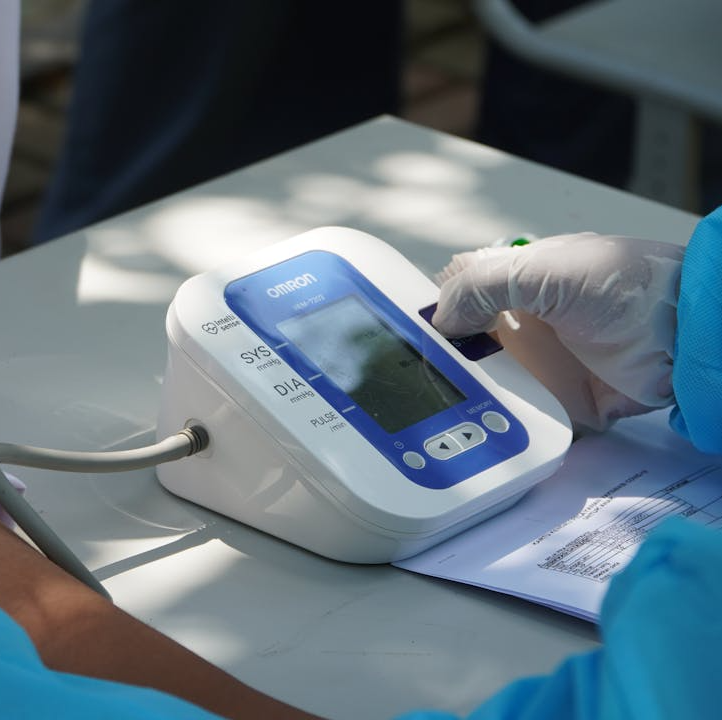Key Takeaways
- Medicare covers both screening and diagnostic mammograms, with specific guidelines for eligibility and frequency.
- Understanding costs, eligibility, and how to schedule mammograms can help women maximize their Medicare benefits.
Essential Information on Medicare Coverage for Mammograms
Mammograms are a vital tool in the early detection and treatment of breast cancer. As women age, the importance of regular mammograms increases. Medicare, the federal health insurance program for people aged 65 and older and certain younger individuals with disabilities, provides coverage for mammograms under specific conditions. This article outlines essential information on Medicare coverage for mammograms, including the types of mammograms covered, eligibility criteria, associated costs, and how to schedule and access these services.
Introduction to Medicare Coverage for Mammograms
Medicare recognizes the importance of mammograms in maintaining women’s health and offers coverage to ensure beneficiaries have access to this essential service. Mammograms are X-ray images of the breast used to detect tumors, cysts, and other abnormalities that may indicate breast cancer. There are two primary types of mammograms: screening mammograms and diagnostic mammograms.
- Screening Mammograms: These are routine mammograms performed to detect breast cancer in women who have no apparent symptoms. The goal is to identify cancer early when it is most treatable.
- Diagnostic Mammograms: These are more detailed mammograms used when there are signs or symptoms of breast cancer, such as a lump, pain, or nipple discharge. They may also be used if a screening mammogram shows an abnormality.
Medicare Part B, which covers outpatient medical services, includes coverage for both screening and diagnostic mammograms. Understanding the specifics of this coverage can help beneficiaries effectively use their Medicare benefits.
Types of Mammograms Covered by Medicare
Medicare Part B covers both screening and diagnostic mammograms, but the frequency and conditions under which they are covered differ.
Screening Mammograms:
- Medicare covers one screening mammogram every 12 months for women aged 40 and older. This annual coverage is intended to help detect breast cancer early.
- For women between the ages of 35 and 39, Medicare covers one baseline screening mammogram. This initial screening sets a reference point for future mammograms.
Diagnostic Mammograms:
- Diagnostic mammograms are covered by Medicare Part B when a woman shows symptoms of breast cancer or if a screening mammogram reveals an abnormality that requires further investigation.
- There is no limit to the number of diagnostic mammograms covered by Medicare. Coverage is based on medical necessity, as determined by a healthcare provider.
Both types of mammograms must be performed by a Medicare-approved provider for the services to be covered. It’s important for beneficiaries to ensure their healthcare providers and facilities accept Medicare before scheduling a mammogram.
Eligibility Criteria for Medicare Mammogram Coverage
Medicare has specific eligibility criteria for mammogram coverage. Understanding these criteria can help beneficiaries make informed decisions about their healthcare.
Eligibility for Screening Mammograms:
- Women aged 40 and older are eligible for one screening mammogram every 12 months.
- Women aged 35 to 39 are eligible for one baseline screening mammogram.
Eligibility for Diagnostic Mammograms:
- Diagnostic mammograms are covered for women of any age who have symptoms or signs of breast cancer, such as lumps, pain, or unusual discharge, or for those who have an abnormal screening mammogram.
- Coverage is based on medical necessity, meaning a healthcare provider must recommend the diagnostic mammogram.
Costs and Out-of-Pocket Expenses for Mammograms
One of the significant advantages of Medicare coverage for mammograms is that it helps reduce the out-of-pocket costs for beneficiaries. However, it’s essential to understand the specifics of these costs.
Screening Mammograms:
- For screening mammograms, Medicare Part B covers 100% of the cost if the provider accepts Medicare assignment. This means there are no out-of-pocket expenses for the screening mammogram itself.
- Beneficiaries do not have to meet their Part B deductible for screening mammograms.
Diagnostic Mammograms:
- For diagnostic mammograms, Medicare Part B typically covers 80% of the Medicare-approved amount after the Part B deductible is met. Beneficiaries are responsible for the remaining 20%.
- If a healthcare provider does not accept Medicare assignment, beneficiaries may be responsible for additional costs.
To minimize out-of-pocket expenses, beneficiaries should ensure their mammograms are performed by providers who accept Medicare assignment. Additionally, some Medigap (Medicare Supplement Insurance) plans may help cover the costs associated with diagnostic mammograms, further reducing out-of-pocket expenses.
How to Schedule and Access Mammogram Services with Medicare
Scheduling and accessing mammogram services with Medicare involves a few essential steps to ensure coverage and reduce costs.
-
Confirm Medicare Coverage:
- Before scheduling a mammogram, beneficiaries should confirm that their healthcare provider and the facility where the mammogram will be performed accept Medicare assignment. This ensures that the services will be covered by Medicare.
-
Get a Referral if Necessary:
- While screening mammograms do not typically require a referral, diagnostic mammograms often do. Beneficiaries should consult with their healthcare provider to obtain a referral for a diagnostic mammogram if needed.
-
Schedule the Mammogram:
- Contact the Medicare-approved provider to schedule the mammogram. Be sure to provide all necessary information, including Medicare details and any referral or prescription from the healthcare provider.
-
Bring Necessary Documentation:
- On the day of the appointment, beneficiaries should bring their Medicare card, any supplemental insurance cards, and identification. They should also bring any prior mammogram images or reports if available.
-
Understand Follow-Up Procedures:
- If the mammogram results indicate the need for further testing or follow-up, beneficiaries should consult with their healthcare provider to understand the next steps and ensure continued coverage under Medicare.
Conclusion
Understanding Medicare coverage for mammograms is crucial for women to take full advantage of their benefits and ensure timely and accurate breast cancer screening and diagnosis. Medicare Part B covers both screening and diagnostic mammograms, with specific guidelines for eligibility and frequency. By familiarizing themselves with the types of mammograms covered, eligibility criteria, costs, and how to schedule these services, beneficiaries can maximize their Medicare benefits and maintain their health.
By staying informed and proactive, women can better manage their healthcare needs and access the preventive and diagnostic services necessary for early detection and effective treatment of breast cancer.
Contact Information:
Email: [email protected]
Phone: 9015550123










